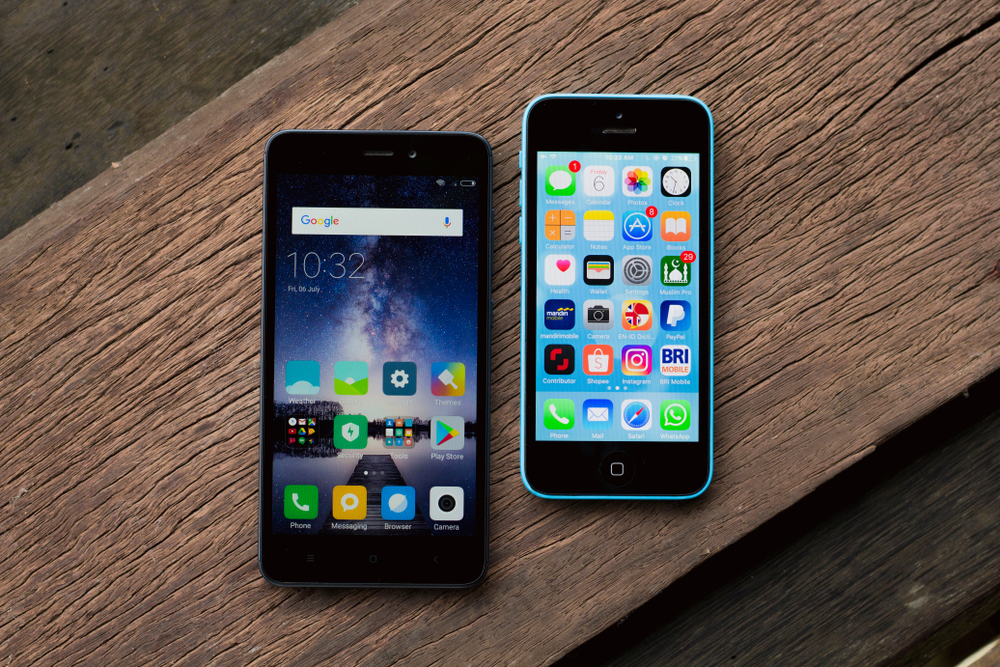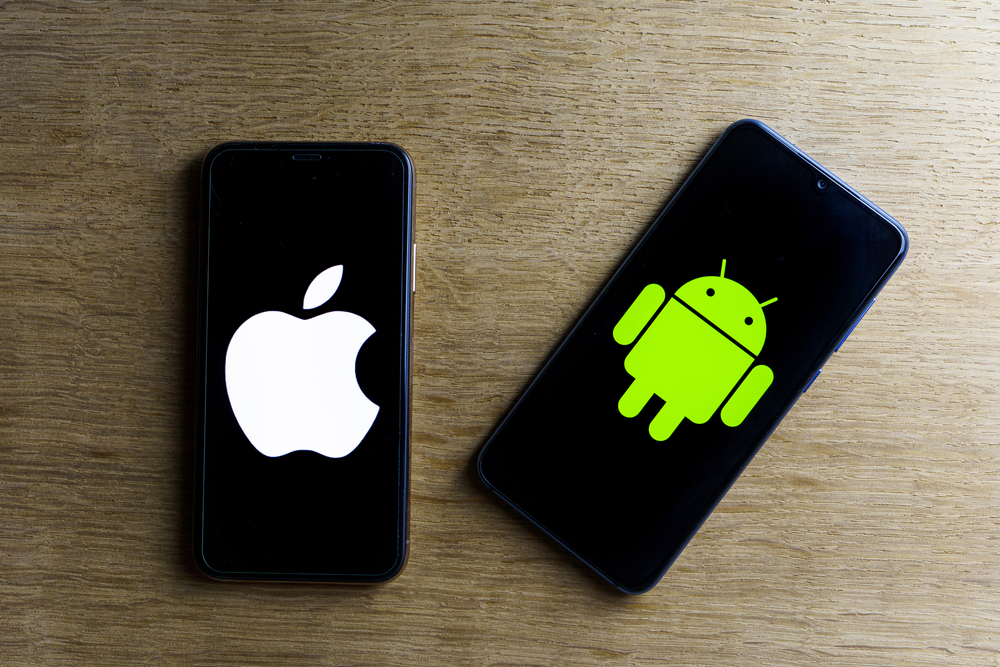
Mastering Mobile App Marketing: Proven Tips and Tricks for Successful Promotion

In today's digital landscape, mobile apps have become an integral part of our everyday lives. With millions of apps available across various platforms, it's crucial for app developers and marketers to have a solid strategy in place to promote their mobile apps effectively. App marketing involves a comprehensive set of techniques and tactics aimed at boosting app downloads, increasing user engagement, and ultimately maximizing the app's success. In this article, we will explore some proven tips and tricks to master mobile App Store or Google Play app marketing.
1. Define Your Target AudienceBefore jumping into any marketing efforts, it is essential to clearly define your target audience. Understanding who your app caters to will help you tailor your marketing message and reach the right users effectively. Conduct market research to identify the demographics, interests, and preferences of your ideal users. By doing so, you can create personalized experiences that resonate with your target audience and increase the chances of app downloads.
2. Optimize Your App Store Listing
The app store is where users discover and download apps, making it a crucial platform for app marketing. To stand out from the competition, you need to optimize your app store listing. Start by leveraging relevant keywords in your app title and description to improve visibility in search results. Additionally, focus on creating an engaging app icon, compelling screenshots, and an informative video preview to capture users' attention. A well-optimized app store listing can significantly improve your app's discoverability and conversion rates.
3. Implement App Store Optimization (ASO)
App Store Optimization (ASO) is the process of optimizing various elements of your app store listing to increase organic app visibility and drive more downloads. ASO involves optimizing keywords, app name, description, and reviews/ratings. Conduct thorough keyword research to identify relevant keywords with high search volume and low competition. Incorporate these keywords strategically into your app's metadata to improve its ranking in search results. Encourage satisfied users to leave positive reviews and ratings, as these play a significant role in influencing potential users' decision-making.
4. Leverage Social Media Marketing
Social media platforms offer an excellent opportunity to promote your mobile Google Play or App Store app and engage with your target audience directly. Build a strong social media presence by creating accounts on popular platforms such as Facebook, Instagram, Twitter, and LinkedIn. Tailor your content to each platform and regularly share engaging posts, app updates, user testimonials, and tutorials. Run targeted ads to reach users who match your app's target audience. Encourage users to share their experiences with your app and leverage user-generated content to build trust and credibility.
5. Influencer Marketing
Influencer marketing has gained significant popularity in recent years due to its effectiveness in reaching and influencing large audiences. Collaborating with relevant influencers who have a significant following in your target market can introduce your mobile Android or iOS app to a vast user base. Seek out influencers who align with your app's niche and audience and negotiate partnerships that involve promoting your app through their social media channels or dedicated app reviews. Influencer marketing can help generate buzz, increase brand awareness, and drive more app downloads.
6. Implement App Referral Programs
Word-of-mouth marketing is incredibly powerful, and implementing an app referral program can significantly boost your app's visibility and user acquisition. Encourage your existing users to refer your app to their friends and family by offering incentives such as discounts, exclusive content, or in-app rewards. By incentivizing referrals, you can turn your happy users into brand advocates who actively promote your app, ultimately leading to increased app downloads and user engagement.
7. Use Data-Driven Insights
To refine your mobile app marketing strategy, it's essential to analyze and leverage data-driven insights. Utilize app analytics tools to track user behavior, app performance, engagement metrics, and user demographics. By gaining a deeper understanding of how users interact with your app, you can make data-backed decisions, identify areas for improvement, and optimize your marketing efforts accordingly. Frequent analysis and optimization based on data-driven insights will help you stay ahead of the competition and drive continuous growth for your mobile iOS or Android app .
Frequently Asked Questions:
Q1. How long does it take for a mobile app to become successful?
A1. The time it takes for a mobile app to become successful varies based on several factors such as app quality, target audience, marketing efforts, competition, and market conditions. While some apps may achieve success quickly, others may require more time and effort.
Q2. Is it necessary to invest in paid app promotion?
A2. While organic app promotion techniques are essential, a well-targeted paid app promotion can significantly accelerate your app's growth. By investing in paid advertising, you can reach a broader audience and increase visibility, leading to higher app downloads and user engagement.
Q3. How important are app store reviews and ratings?
A3. App store reviews and ratings play a crucial role in shaping potential users' perception of your app. Positive reviews and high ratings build trust and credibility, ultimately impacting users' decision-making and driving more app downloads.
Q4. What are some effective user engagement strategies for mobile apps?
A4. To increase user engagement, consider implementing push notifications, in-app messages, personalized recommendations, gamification elements, and loyalty programs. Regularly update your app with new features and improvements based on user feedback to keep users engaged and coming back for more.
Q5. How can I measure the success of my app marketing efforts?
A5. To measure the success of your app marketing efforts, track key performance indicators (KPIs) such as app downloads, user retention rate, average revenue per user (ARPU), conversion rates, and user engagement metrics. These metrics will help you evaluate the effectiveness of your strategies and identify areas for improvement.
Mastering mobile app marketing requires a combination of strategic planning, creativity, and data-driven decision-making. By leveraging the proven tips and tricks mentioned in this article, you can effectively promote your mobile app, increase app downloads, and achieve long-term success in the competitive app marketplace. Remember to continuously analyze and optimize your marketing efforts based on user feedback and data-driven insights for sustained growth.
Other useful resources